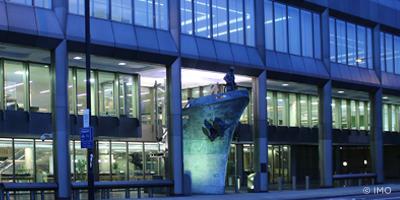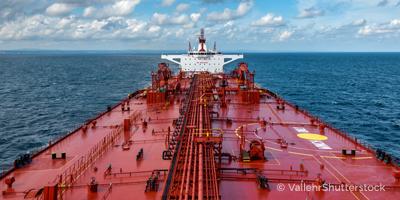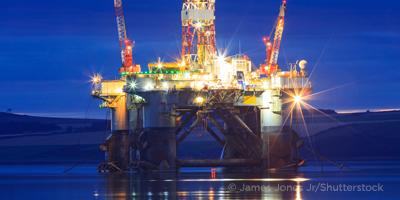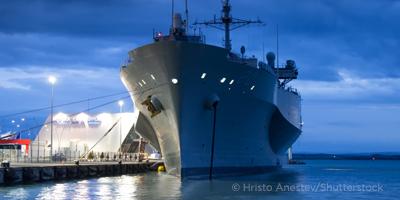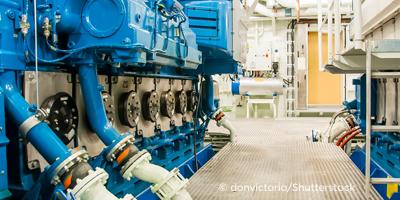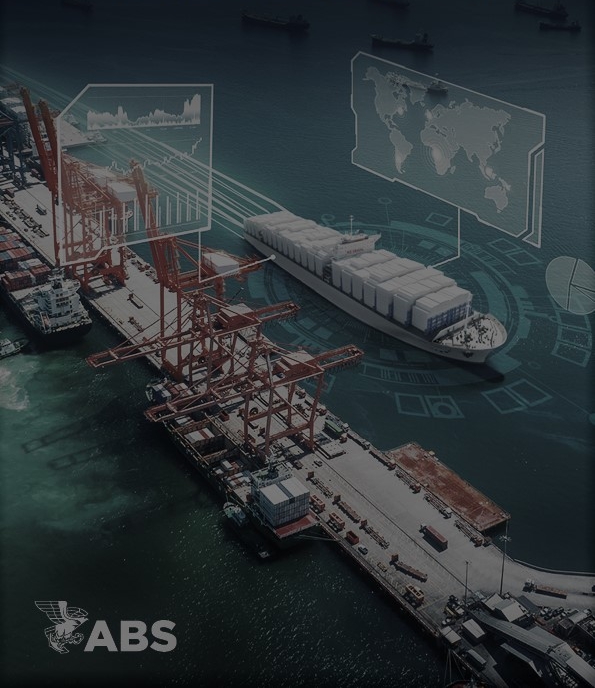The new regulation for the deployment of alternative fuels infrastructure (AFIR), sets mandatory targets for the deployment of:
1. Refueling points at ports for liquefied natural gas (LNG).
2. EU ports to provide a minimum shore-side electricity supply for seagoing containerships and seagoing passenger ships, working together along with the FuelEU regulation.
3. Member States to develop draft national policy frameworks (NPFs) for the development of the market as regards alternative fuels in the transport sector.
In particular, by 1 January 2025, member States shall ensure that an appropriate number of refueling points for LNG are put in place at TEN-T core maritime ports.
TEN-T is EU’s trans-European transport network policy, a key instrument for the development of efficient and high-quality transport infrastructure across the EU. TEN-T consists of two layers, the core and the comprehensive network. The first includes the most important connections linking major cities and nodes and shall be completed by 2030. The latter connects all regions of the EU to the core network and needs to be completed by 2050.
Furthermore, in conjunction with FuelEU Regulation, by 1 January 2030, member States shall ensure that at least in TEN-T maritime ports, shore-side electricity infrastructure shall be developed for seagoing containerships and passenger ships. In more detail, TEN-T core and TEN-T comprehensive ports for which the annual number of port calls over the last three years, by seagoing containerships and seagoing ro/ro passenger ships is above 100 and 40 respectively, shall be equipped to provide each year shore-side electricity supply for at least 90 percent of the total number of port calls of seagoing container ships and seagoing ro-ro passenger ships of above 5,000 gross tons (gt).
The third key measure of AFIR is the development of National Policy Frameworks (NPFs) focused on the development of the market regarding the alternative fuels in the transport sector and the deployment of the relevant infrastructure. In that order, by 1 January 2025, member States shall prepare and send to the Commission a draft NPF that will contain at least:
- An overview of the planned initiatives for the deployment of infrastructure for alternative fuels in maritime ports, such as for electricity and hydrogen;
- A deployment plan for alternative fuels infrastructure in maritime ports other than liquefied methane and shore-side electricity, for instance hydrogen and ammonia;




